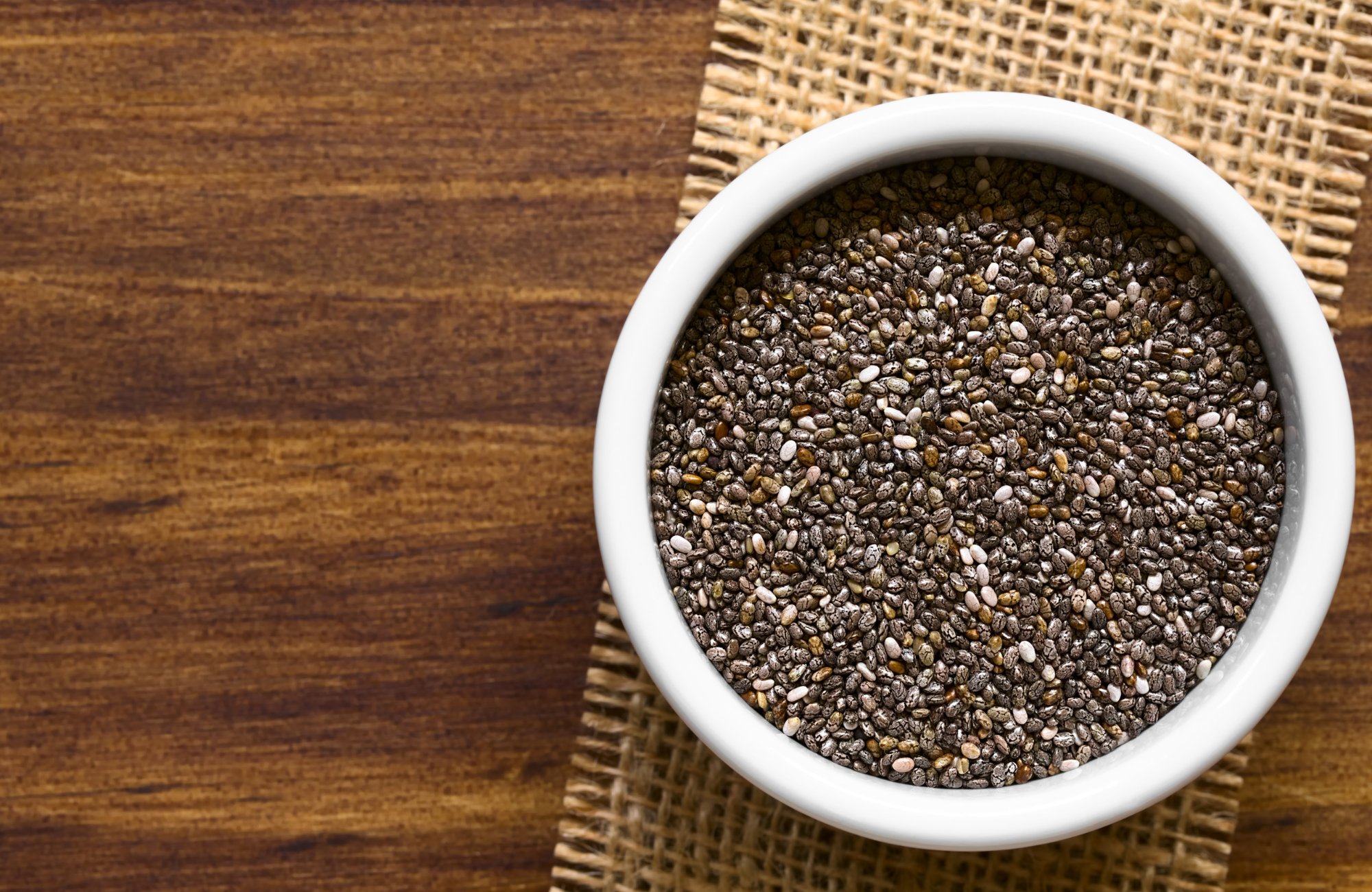
Is Organic Sunflower Oil Always Cold Pressed?
As more people seek out healthier, minimally processed foods, organic oils have become a pantry staple. But with so many labels and claims on the bottle, it’s easy to get confused, especially when it comes to organic sunflower oil. One question that comes up often is, “Is organic sunflower oil always cold pressed?” While these terms sound like they go hand in hand, they actually refer to two separate aspects of how the oil is made. Knowing the difference can help you choose a product that truly aligns with your health and quality standards.
What is Organic Sunflower Oil?
Organic sunflower oil is made from sunflower seeds grown without synthetic pesticides, chemical fertilizers, or genetically modified organisms (GMOs), following strict standards set by the United States Department of Agriculture (USDA). These certified organic practices promote soil health, biodiversity, and sustainable agriculture.
To qualify for USDA organic certification, farms must avoid prohibited substances for at least three years and undergo thorough inspections and documentation reviews. Instead of synthetic inputs, organic farmers use natural methods like compost, crop rotation, and beneficial insects, resulting in healthier seeds and reduced environmental impact.
What is Cold Pressing?
Cold pressing is an ancient extraction method that has experienced a renaissance with the modern focus on minimally processed foods. This technique involves crushing sunflower seeds under low-temperature conditions to extract their oils without compromising nutritional integrity.
True cold pressing maintains temperatures below 120°F (49°C) throughout the extraction process. This temperature threshold is critical because exceeding it can degrade the oil’s natural compounds, reducing its nutritional value and altering its flavor profile. The process begins with cleaning the sunflower seeds, followed by careful crushing using a mechanical press that generates minimal heat through friction.
Nutritional and Sensory Benefits
The benefits of cold pressing are substantial. By avoiding high temperatures, this method preserves temperature-sensitive nutrients like vitamin E, essential fatty acids, and natural antioxidants. Cold-pressed oils retain more of their original flavor, aroma, and color, typically appearing richer and more vibrant than their refined counterparts.
Is Organic Sunflower Oil Always Cold Pressed?
Despite what many consumers assume, organic sunflower oil is not always cold pressed. These terms represent two independent aspects of oil production that can exist separately or together. Organic certification pertains exclusively to cultivation practices, while cold pressing describes the extraction method. An oil can be organic without being cold pressed, and vice versa.
Many organic sunflower oils undergo conventional extraction methods, including expeller pressing at higher temperatures or even chemical solvent extraction. Surprisingly, USDA organic standards permit certain processing methods that wouldn’t qualify as cold pressing. For instance, organic regulations allow mechanical extraction methods that may generate temperatures exceeding the cold press threshold of 120°F, provided no prohibited substances are introduced.
What to Look for When Buying
When shopping for sunflower oil, you might encounter products labeled simply as “organic” without any mention of the extraction method. These oils likely undergo standard industry processing, which typically involves higher heat levels that compromise some nutritional components but increase yield and shelf stability.
Identifying truly cold-pressed organic sunflower oil requires looking for both certifications on the label. Quality products will explicitly state “cold-pressed” or “cold-extracted” alongside organic certification symbols.
Other Extraction Methods for Sunflower Oil
- Expeller Pressing: This is a mechanical method that uses high-pressure presses to extract oil. Unlike cold pressing, it lacks temperature control, and the heat generated through friction often exceeds 200°F, reducing some nutrient content.
- Chemical Solvent Extraction: This method involves using solvents like hexane to dissolve oil from crushed seeds. It’s highly efficient and widely used in mass production, but it can strip away beneficial nutrients and may leave trace chemical residues.
- RBD Processing (Refined, Bleached, and Deodorized): This is a post-extraction process that removes natural colors, odors, and impurities. It produces a neutral-tasting oil with extended shelf life, though most of the oil’s natural nutrients are lost in the process.
Nutritional Content
Sunflower oil is rich in essential polyunsaturated fats like linoleic and oleic acid, which support heart health. It’s also a good source of vitamin E, a powerful antioxidant that helps protect cells from damage.
Organic sunflower oil offers additional nutritional benefits, including essential fatty acids, vitamins, and minerals. However, its nutrient content can vary based on the extraction method and the quality of the seeds used.
Health Benefits of Cold-Pressed Organic Sunflower Oil
- Heart Health: High-oleic sunflower oil is rich in monounsaturated fats that help lower LDL (bad) cholesterol and maintain HDL (good) cholesterol, supporting cardiovascular health and reducing inflammation.
- Antioxidant Protection: Packed with vitamin E, this oil helps neutralize free radicals, reduce inflammation, support immune function, and may lower the risk of conditions like colon cancer.
- Skin Health: Whether applied topically or consumed, cold-pressed sunflower oil supports skin barrier repair, locks in moisture, and soothes inflammation, especially helpful for dry or irritated skin.
Uses in Cooking
Sunflower oil is a versatile cooking oil suitable for a wide range of uses, including stir-frying, baking, and making salad dressings. Its mild flavor and high smoke point make it ideal for high-heat cooking, while its smooth texture also works well in sauces and marinades.
Thanks to its nutritional benefits and light taste, sunflower oil complements both savory and sweet dishes. From fried foods to baked goods, it adds healthy fats without overpowering the flavor of your meals.
Shelf Life and Storage
Sunflower oil has a relatively long shelf life thanks to its high antioxidant content and lower levels of polyunsaturated fats. To maintain its freshness and nutritional value, it should be stored in a cool, dark place away from heat and light.
Improper storage can cause the oil to become rancid, affecting both taste and quality. For longer preservation, you can store it in the refrigerator or freezer, which helps extend its shelf life and retain its flavor and nutrients.
How to Identify Genuine Cold-Pressed Organic Sunflower Oil
To ensure you’re buying real cold-pressed organic sunflower oil, check for official certification marks like the USDA Organic seal. Look for clear labeling that says “cold-pressed” or “cold-extracted,” and avoid vague terms like “natural extraction” or “first pressing,” which don’t guarantee low-heat methods.
You can also spot the difference by appearance and price. True cold-pressed oil is usually deep golden with a nutty aroma and may appear slightly cloudy due to minimal filtration. Because it’s costlier to produce, it’s typically more expensive than refined oils—if the price seems too low, it likely isn’t authentic.
Conclusion
Organic sunflower oil is a nutrient-rich, multi-purpose oil that supports both health and sustainability. With its high content of essential fatty acids, vitamin E, and other vital nutrients, it’s a smart alternative to more commonly used oils like olive or coconut. Whether used in the kitchen or in skincare routines, choosing organic and non-GMO sunflower oil helps you avoid unwanted chemicals while supporting eco-conscious farming practices.
At US Sweeteners, we offer premium organic sunflower oil that’s clearly labeled, nutrient-rich, and responsibly sourced. Whether you’re cooking, baking, or creating natural skincare products, our oil delivers the quality and purity you can trust. Contact us today to learn more or place an order.
FAQs
Is organic sunflower oil cold-pressed?
No, organic sunflower oil is not automatically cold pressed. “Organic” refers only to how the sunflower seeds were grown, while “cold-pressed” refers to the extraction method, so an oil can be organic without being cold-pressed.
How to know if sunflower oil is cold pressed?
Look for explicit “cold-pressed” or “cold-extracted” labeling, check for amber/golden color rather than pale yellow, expect a natural nutty aroma, and be prepared to pay more than for refined oils since authentic cold-pressed oils will typically be packaged in dark glass bottles to protect from light degradation.
Does sunflower oil need to be cold-pressed?
Sunflower oil doesn’t need to be cold pressed, but cold pressing preserves more nutrients (especially vitamin E and essential fatty acids), maintains natural flavor, and avoids chemical solvents used in conventional extraction methods.
Does organic oil mean cold pressed?
No, organic certification only refers to how the crops were grown without synthetic pesticides or fertilizers, and has nothing to do with the extraction method; an organic oil can be extracted using high heat or chemical solvents and still maintain its organic certification.
Is organic sunflower seed oil better than other vegetable oils?
Organic sunflower seed oil contains more vitamin E than many vegetable oils, including olive oil, and offers heart-healthy polyunsaturated fat, unlike coconut oil’s higher saturated fat content. The gentle process that makes sunflower oil preserves more nutrients makes it an excellent carrier for essential oil blends with a lighter taste profile than most vegetable oils.



Leave a Reply